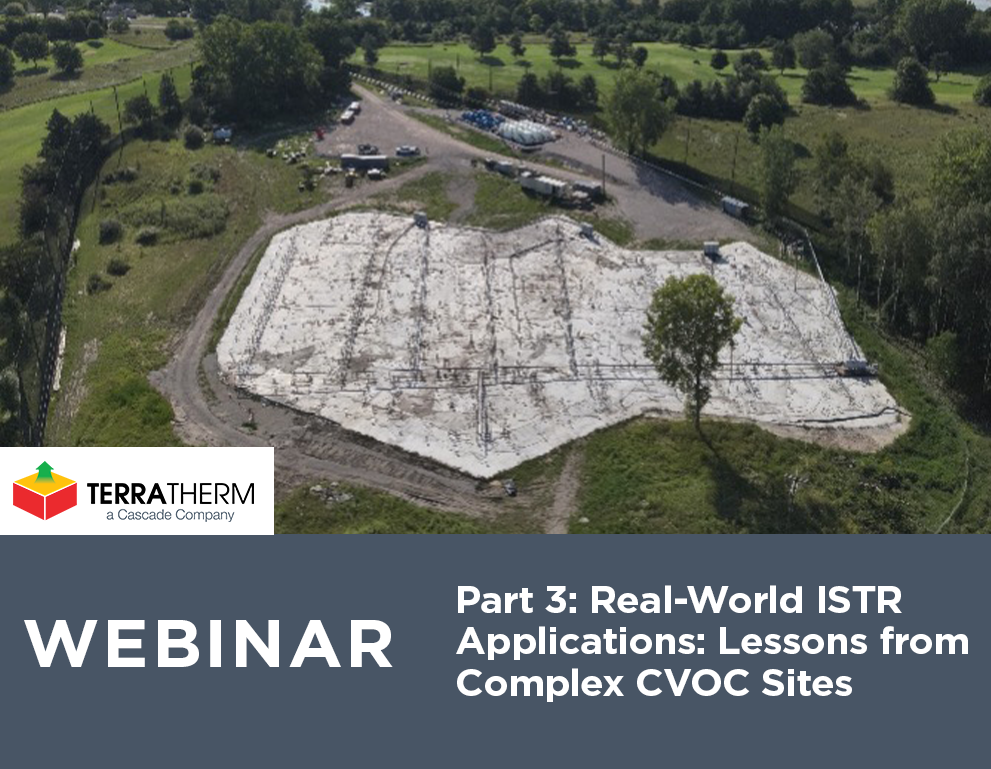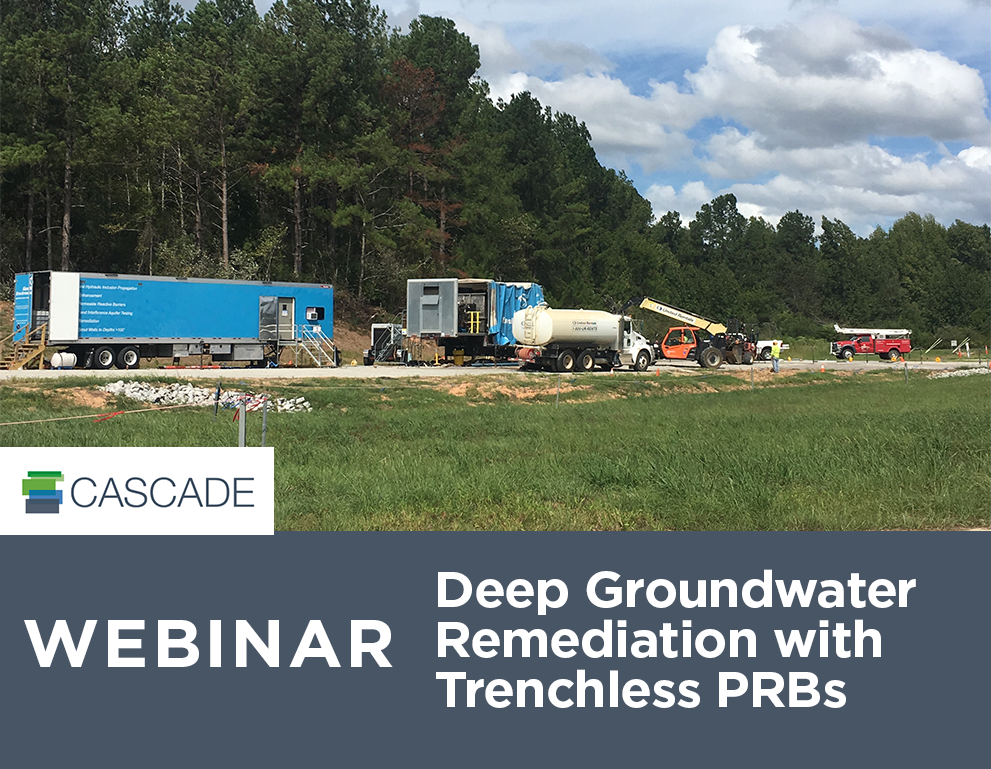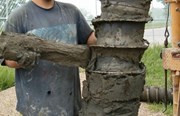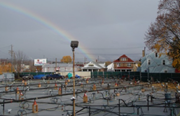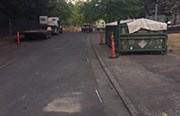3 Things You Need to Ask Every Contractor Before Hiring Them for Over Water Drilling
By: Matt FicetoDrilling over water is a completely different game than drilling on land. It entails all the traditional challenges of drilling, along with new ones involving barges and lift-boats, Coast Guard requirements, increased risks for crews, cuttings management, and more. It’s important for such projects to be handled by contractors who know what they’re doing—and not every company offering over water drilling services does.
Vetting ahead of time is critical to your success. In this blog post, I’ll share three questions you should ask every contractor you’re considering for over water drilling projects.
What is your company’s experience with waterways, near shore and off shore drilling?
Your contractor should have experience with all three types of over water drilling, and be able to discuss projects where they drilled in waterways (like rivers and bays), near the coast (considered near shore), and up to several miles off the coast (which can be considered off shore). You want a drilling crew that has done enough of these projects to know how they vary, which requirements and governing authorities may apply, and can forecast potential issues before they become problems.
If the answer you get doesn’t seem entirely complete, consider following up with some of the following questions:
- What water depths have you worked in?
- What maps are you using to confirm water depths at the drill site?
- Have you used high resolution imaging or bathymetric surveys?
- How do you handle high traffic areas?
- What kind of barge or lift-boat is most appropriate for this site?
What training and safety equipment do you use for over water work?
When drilling over water, new hazards are introduced and the impact of existing ones can be much greater. It’s important for your contractor to be prepared for if and when things go wrong.
Crews that are working on barges and lift-boats are required to receive Basic Offshore Safety Induction and Emergency Training (BOSIET) and Standards of Training, Certification and Watchkeeping (STCW) qualifications. They also need to pass Coast Guard physical exams. If the contractor you’re vetting hedges on providing proof of these certifications, it’s a red flag that they may be doing work without fulfilling the criteria.
In over water scenarios, it’s also much more difficult to access help if it’s needed—whether that’s a replacement part for a rig that broke down or a way to exit the water craft in an emergency. A good contractor plans for these contingencies. Consider asking them about…
- If they use life rigs
- If there is an emergency boat on site at all times
- If they have electronics and lighting for safe navigation
- The training and certification programs their drillers undergo to prepare for over water drilling
Your contractor must be planning beyond drilling scenarios and also for boating scenarios. Not all companies are willing or able to do so—and those are the ones you want to weed out with these questions.
What are your back-up plans?
If an on land drill rig breaks down, it can impact your timeline and budget—but those delays and costs are nothing compared to that rig breaking down while drilling over water. The cost of the boat, the cost of paying crews while they’re not working (as they may not be able to leave the craft to work on another project during the downtime), and the additional cost of parts and a mechanic being delivered to the boat for repairs all add up quickly.
A good over water contractor should be able to tell you…
- What challenges or situations upon arrival could lead to downtime
- How they’ll handle rig breakdowns if they occur
- If there are backup rigs available that can be used off shore should there be a breakdown
- If there is an emergency boat available
- If there are mechanics available who are trained and certified to work over water
- What kind of access they have to emergency support or medical staff to respond in a timely manner
- Who your main contact is—and who the emergency contact is if that person is not available
The best over water drilling contractors rely heavily on contingency planning—it’s how they safeguard their crews and the success of their consultants’ projects. Of course, not every scenario can be anticipated—which is why they should also be ready to respond to challenges and emergencies at a moment’s notice. If they aren’t willing to provide the name and phone number of someone who can be available 24/7 in case of emergency, it’s unlikely they are experienced enough to really understand the stakes of over water drilling.
Hopefully these questions can help you identify the drilling contractors who are most qualified and best fit for your over water drilling project.
If you already have an over water project and need drillers with that kind of experience, let us know.
ABOUT THE AUTHOR
Matt Ficeto
Project Manager
[email protected]
Matt Ficeto is a Project Manager at Aquifer Drilling & Testing, a Cascade Company. He’s worked in the drilling industry for nine years and specializes in geotechnical work. In recent years, Matt has focused on projects occurring near and over water, and provides his expertise about technical, logistical and regulatory issues to clients up and down the eastern seaboard and beyond.






